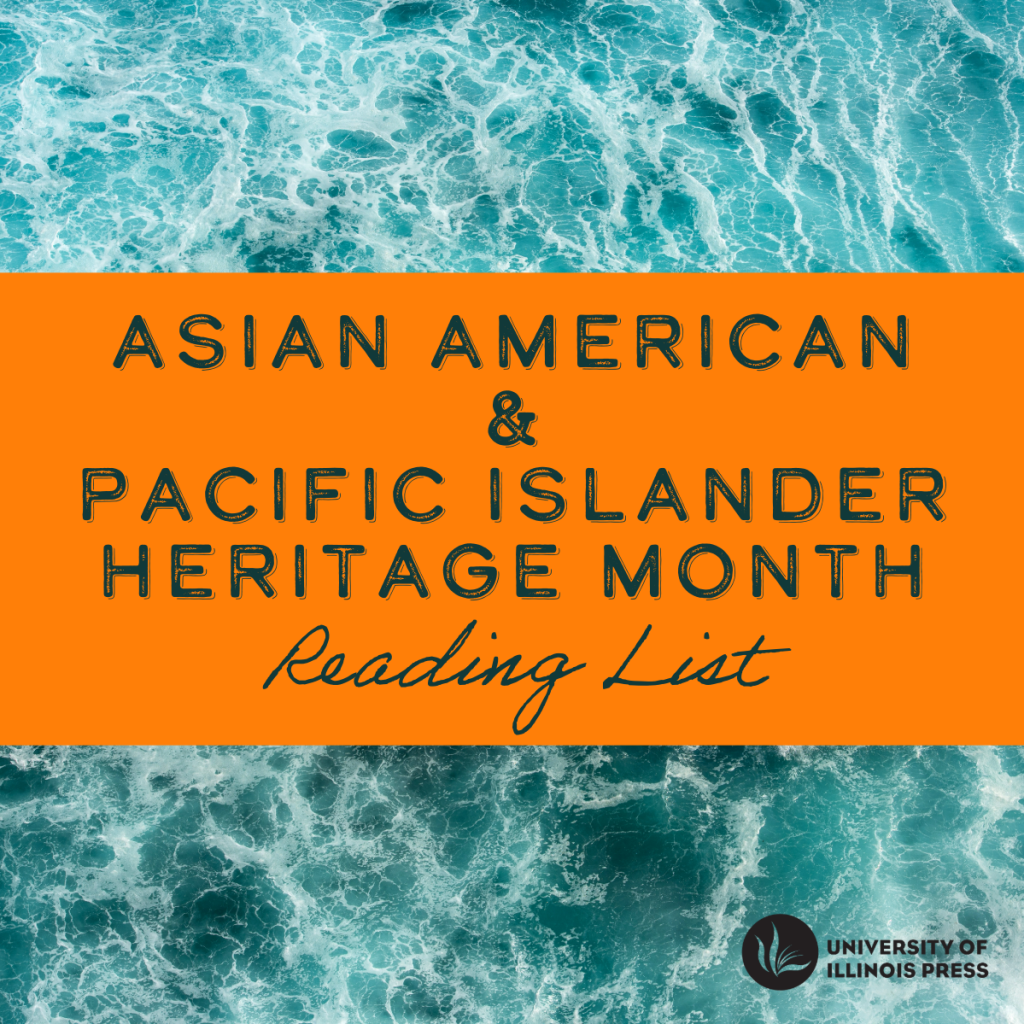May is Asian American and Pacific Islander Heritage Month—a celebration of Asians and Pacific Islanders in the United States. In celebration of this month’s festivities, we are so pleased to offer a glance at some our most recent and most enjoyed books and journal articles.
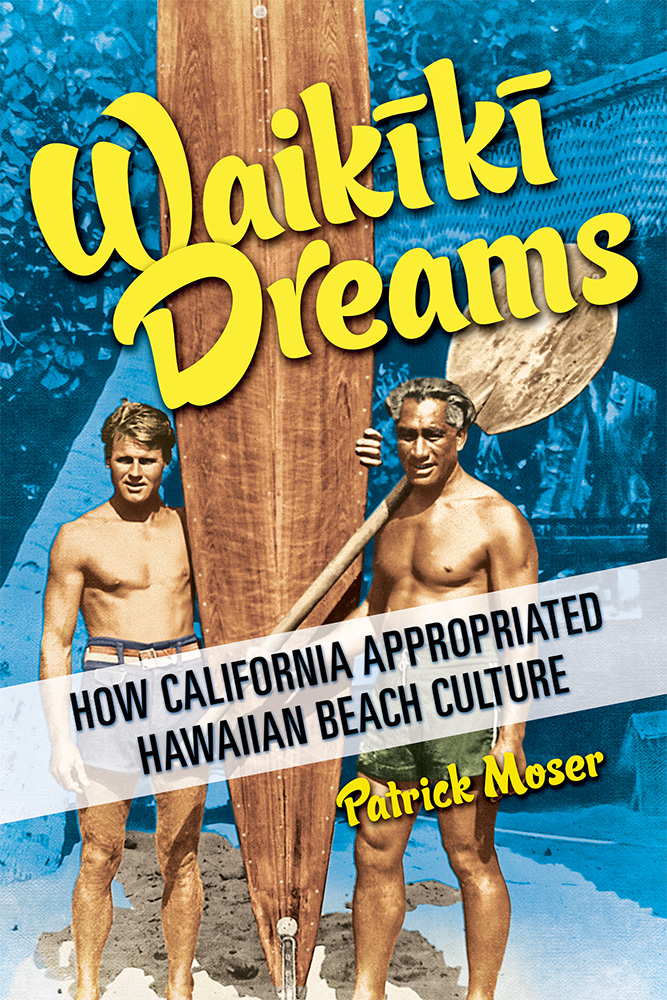
Waikiki Dreams: How California Appropriated Hawaiian Beach Culture
Patrick Moser
Compelling and innovative, Waikiki Dreams opens up the origins of a defining California subculture.
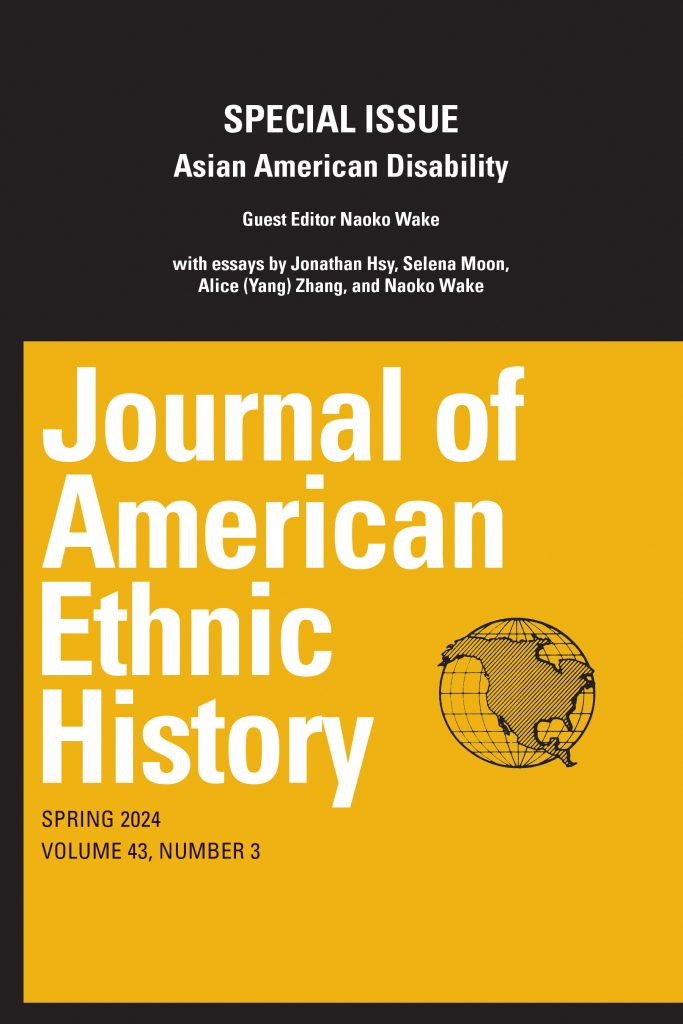
Journal of American Ethnic History
“Asian American Disability: A History and Its Archives” by Naoko Wake
In a special issue on Asian American disability, guest editor Naoko Wake explores the concept of “ability” in the context of Asian American history, linking it to the “model minority” trope. Her article is concerned with the striking ways in which disability has been rendered invisible in Asian American history and historiography, despite the presence of mental and physical disability in Asian American lives and literature. While examining the reasons for this paucity and discussing a methodology for finding sources, she argues for the necessity to tell a range of disability histories of the immigrant community that has been long mischaracterized as excessively able.
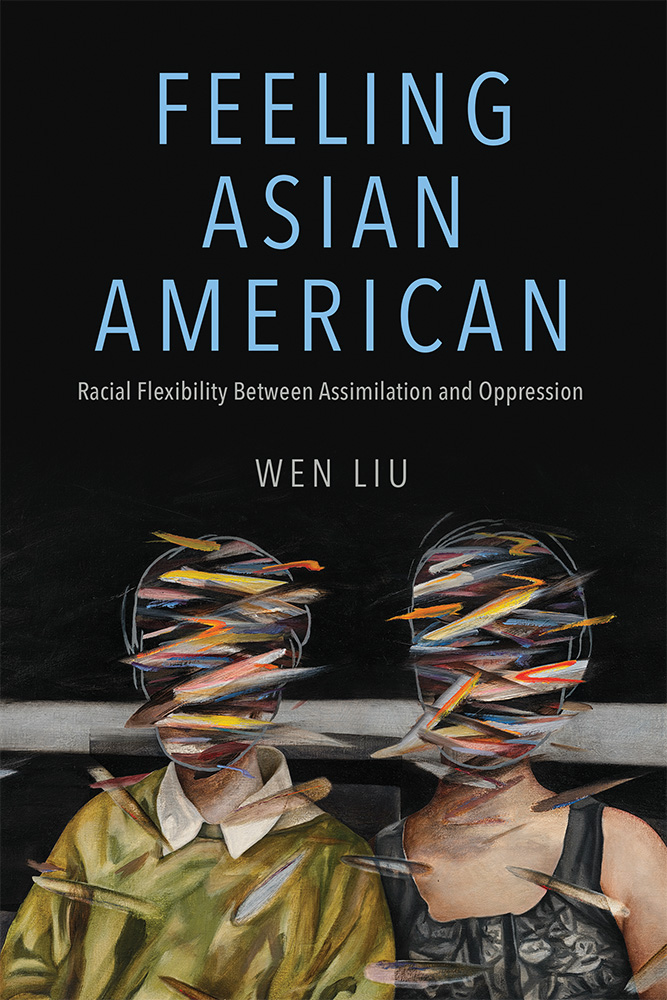
Feeling Asian American: Racial Flexibility Between Assimilation and Oppression
Wen Liu
An innovative challenge to persistent myths, Feeling Asian American ranges from the wartime origins of Asian American psychology to anti-Asian attacks to present Asian Americanness as a complex political assemblage.
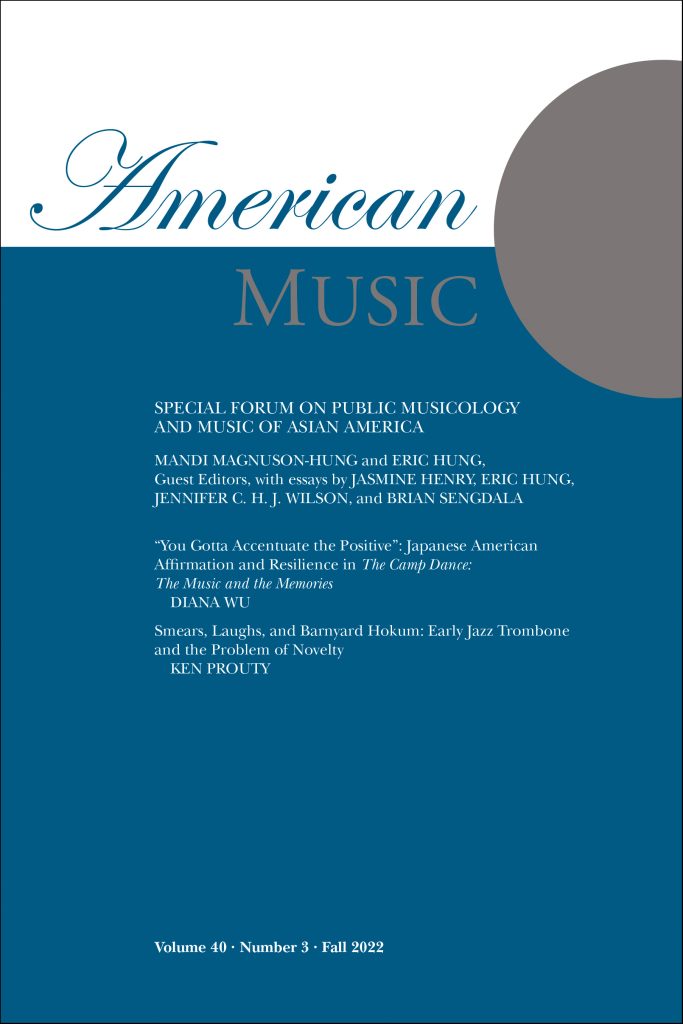
“Asian American Female Composers and Digital Memory” by Jennifer C. H. J. Wilson
This article asks how educators, researchers, scholars, and historians can use ubiquitous resources like Wikipedia to teach and create digital memory for underrepresented groups. Jennifer C. H. J. Wilson explores the gender gap in Wikipedia, efforts to write about Asian American female composers on the site, and her experience inside and outside the classroom with Wikipedia. By incorporating Wikipedia-related assignments, educators can better demonstrate the musicological issues of representation through the study of limitations in primary, secondary, and tertiary sources.
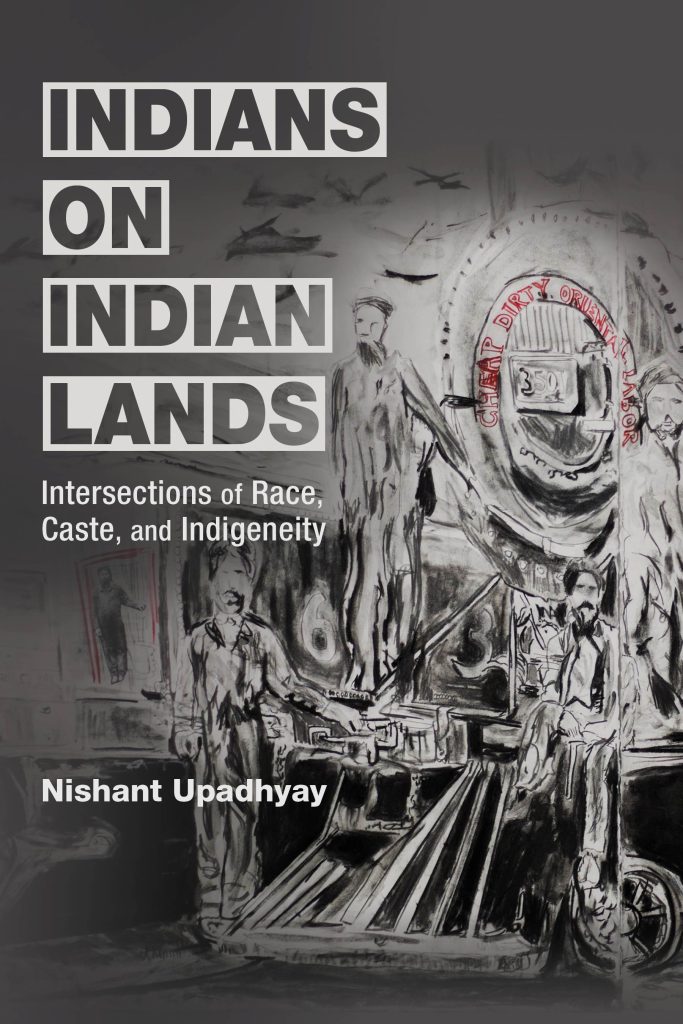
Indians on Indian Lands: Intersections of Race, Caste, and Indigeneity
Nishant Upadhyay
Groundbreaking and ambitious, Indians on Indian Lands presents the case for holding Indian diasporas accountable for acts of violence within a colonial settler nation.

Drones, Tones, and Timbres: Sounding Place among Nomads of the Inner Asian Mountain-Steppes
Carole Pegg
Based on more than twenty years of collaborative research, Carole Pegg’s long-awaited participatory ethnography explores how Indigenous nomadic peoples of Russia’s southern Siberian republics (Altai, Khakassia, Tyva) sound multiphonies of place in a post-Soviet global world.
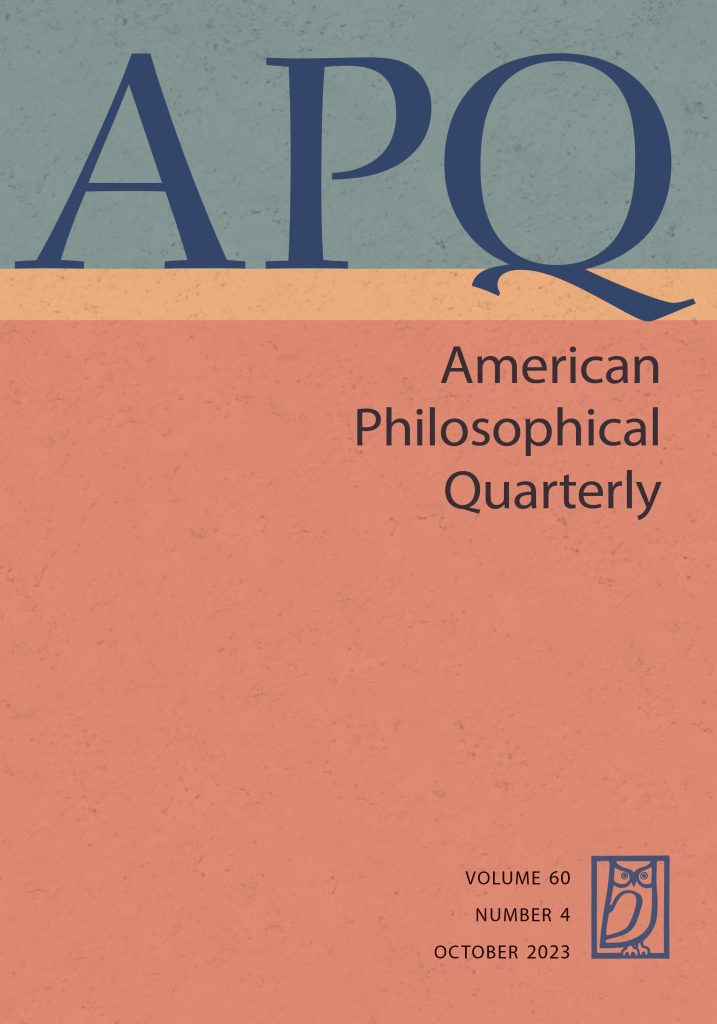
American Philosophical Quarterly
“Anti-Asian Racism” by David Haekwon Kim and Ronald R. Sundstrom
Over the last twenty-five years, philosophers have offered increasingly more sophisticated accounts of the nature and wrongness of racism, but very little in this literature investigates what is distinctive to anti-Asian racism. David Haekwon Kim and Ronald R. Sundstrom discuss this conceptual gap and offer an account of anti-Asian racism not beholden to civic narratives that center a black-white binary. In their view, xenophobia, as a form of civic ostracism, plays a distinctive role in anti-Asian racism (and sexism) and is worth philosophical study, but the correlated phenomenon of xenophilia is also present and morally complex.
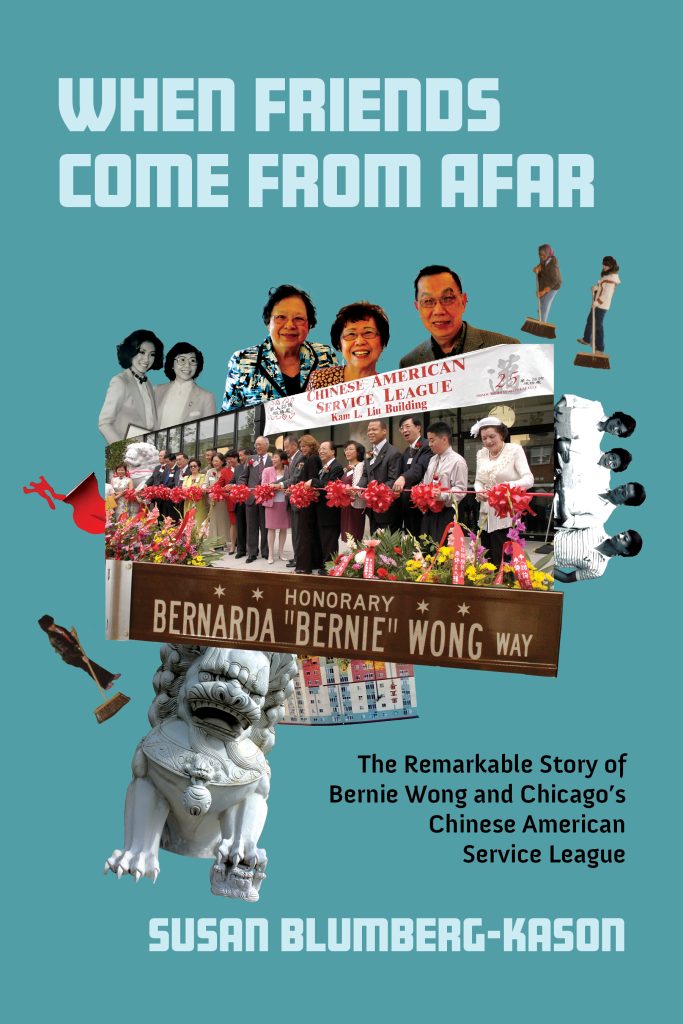
Susan Blumberg-Kason
At once intimate and broad in scope, When Friends Come from Afar uses one woman’s life to illuminate a bedrock Chicago institution.
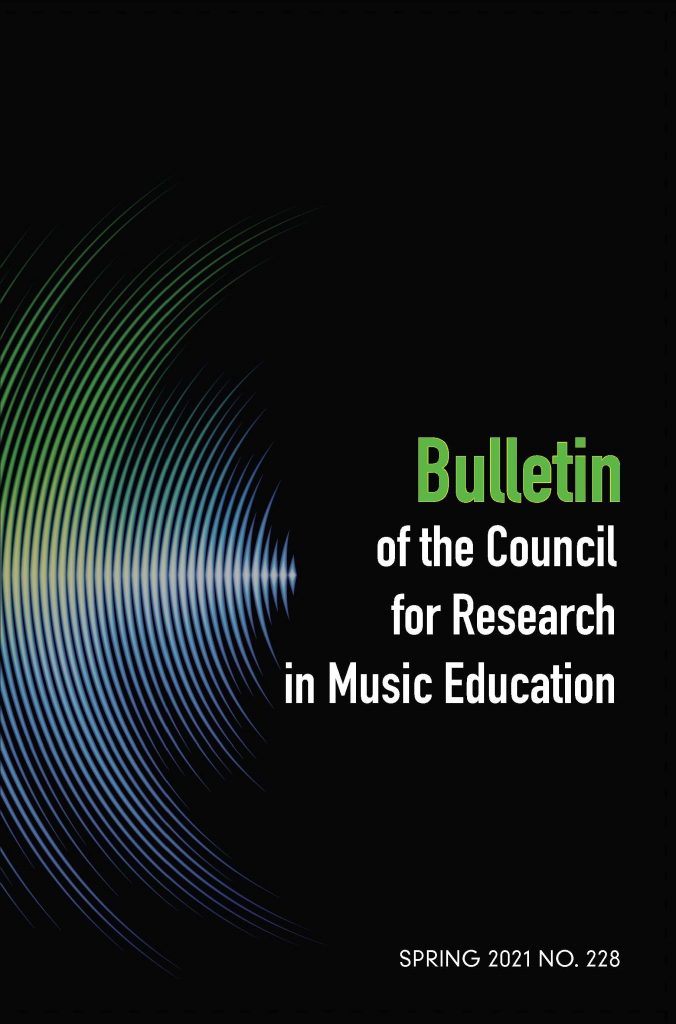
Bulletin of the Council for Research in Music Education
“The Education of Asian American Music Professionals: Exploration and Development of Ethnic Identity” by Christopher Cayari
A monoracial view of Asian Americans that conceives of all Asian Americans as a homogenous group without regard to ethnicity or cultural background has led to widespread stereotypes. The desire to acculturate to U.S. culture and Western European art music ideals can pressure Asian Americans to play certain instruments, restrict their involvement to particular areas of music, or force them to portray their ethnicity in offensive ways. Christopher Cayari’s study looks at the racial and ethnic identity development of nine Asian American music professionals from various career paths in education, performance, curation, and history through a web survey and subsequent semistructured interviews.
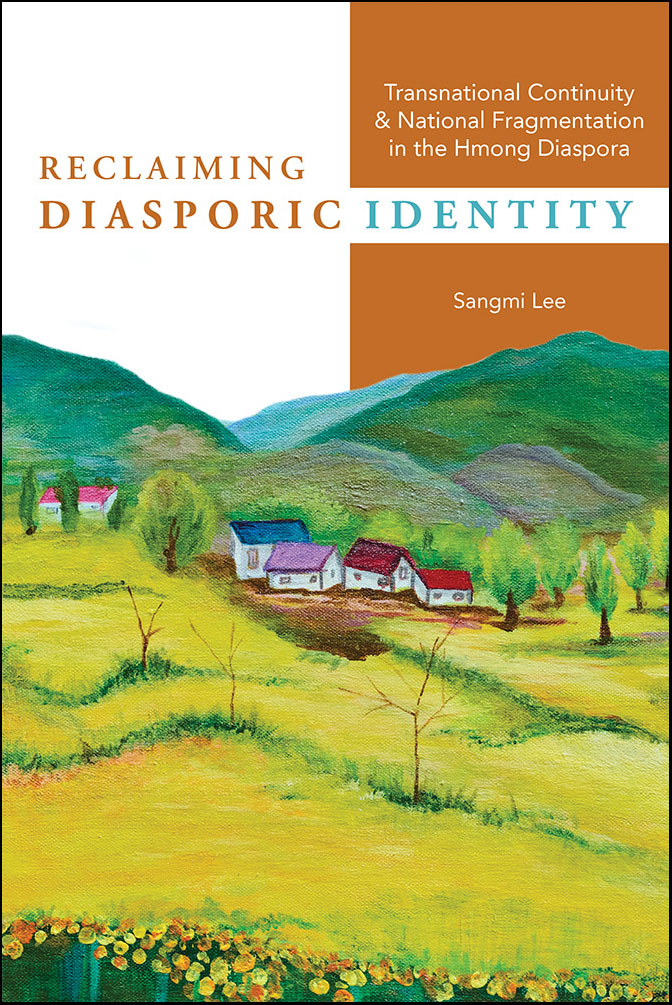
Sangmi Lee
In-depth and interdisciplinary, Reclaiming Diasporic Identity blends ethnography and history to provide a fresh consideration of Hmong life today.
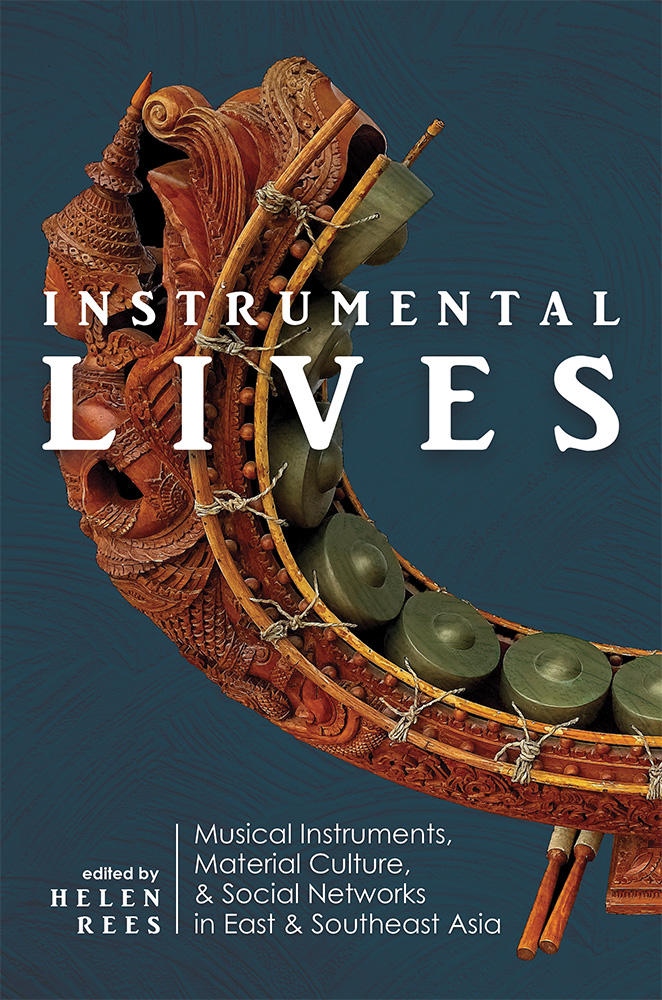
Edited by Helen Rees
Original and expert, Instrumental Lives brings a new understanding of how musical instruments interact with their environments and societies.
Anniversaries We’re Celebrating
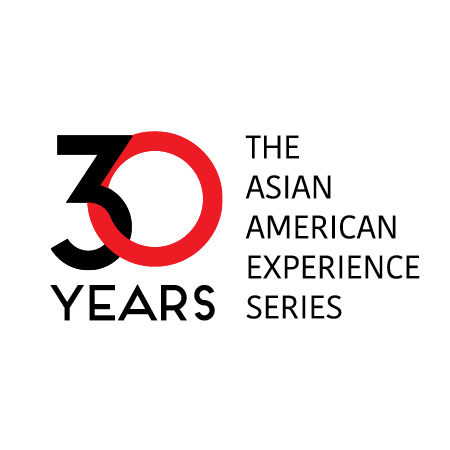
Established in 1992, this interdisciplinary series publishes scholarship of high quality in history, religion, anthropology, sociology, political science, gender studies, visual culture, and other humanities and social science disciplines.

